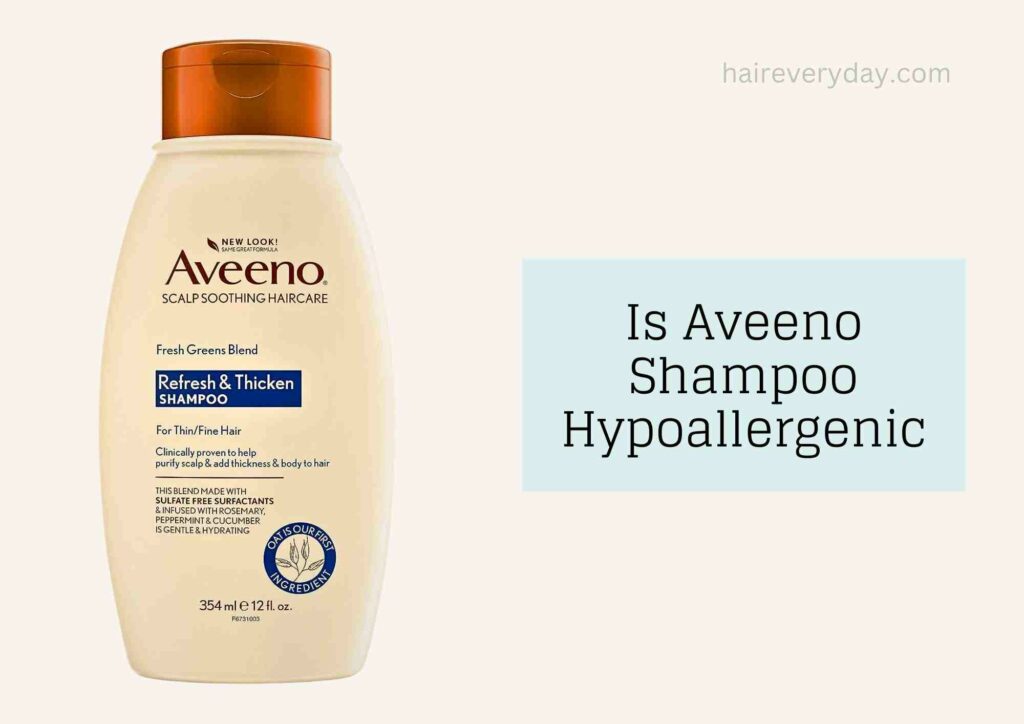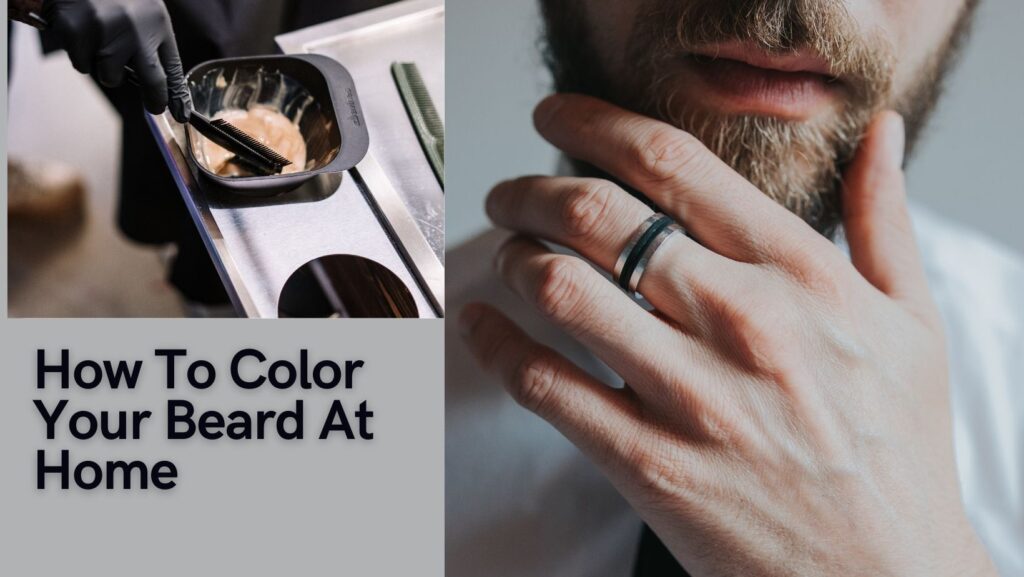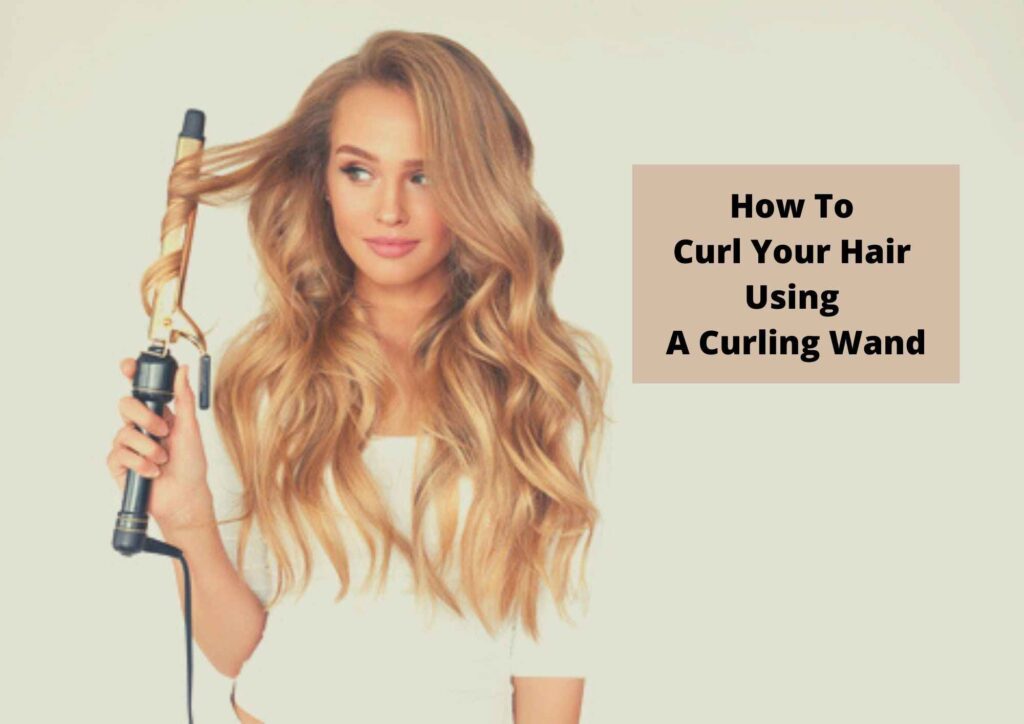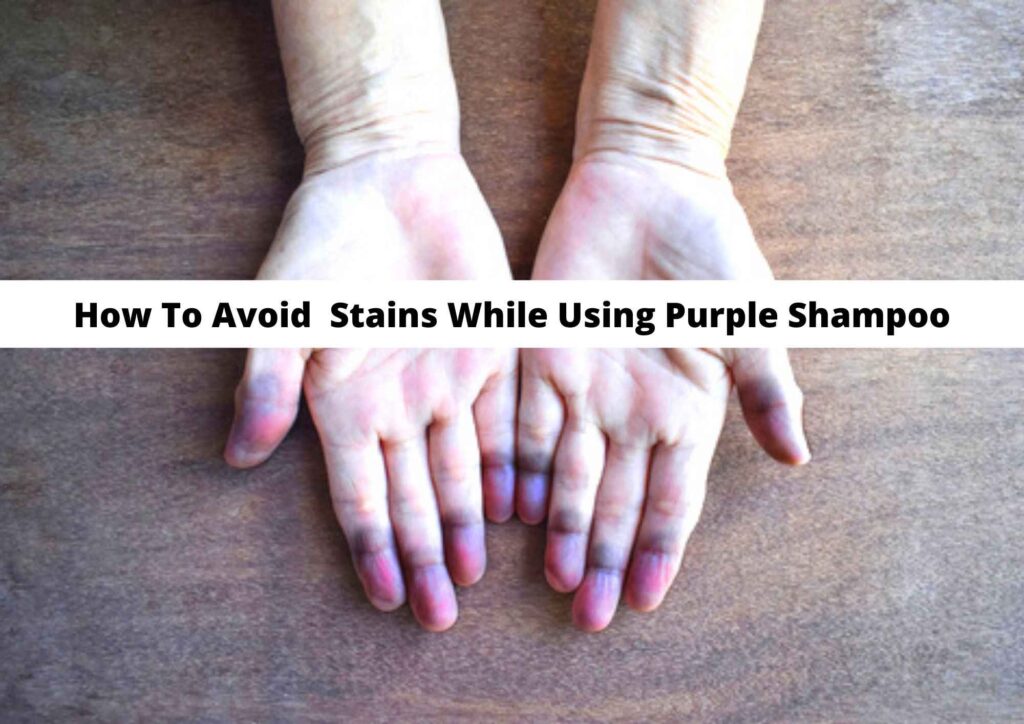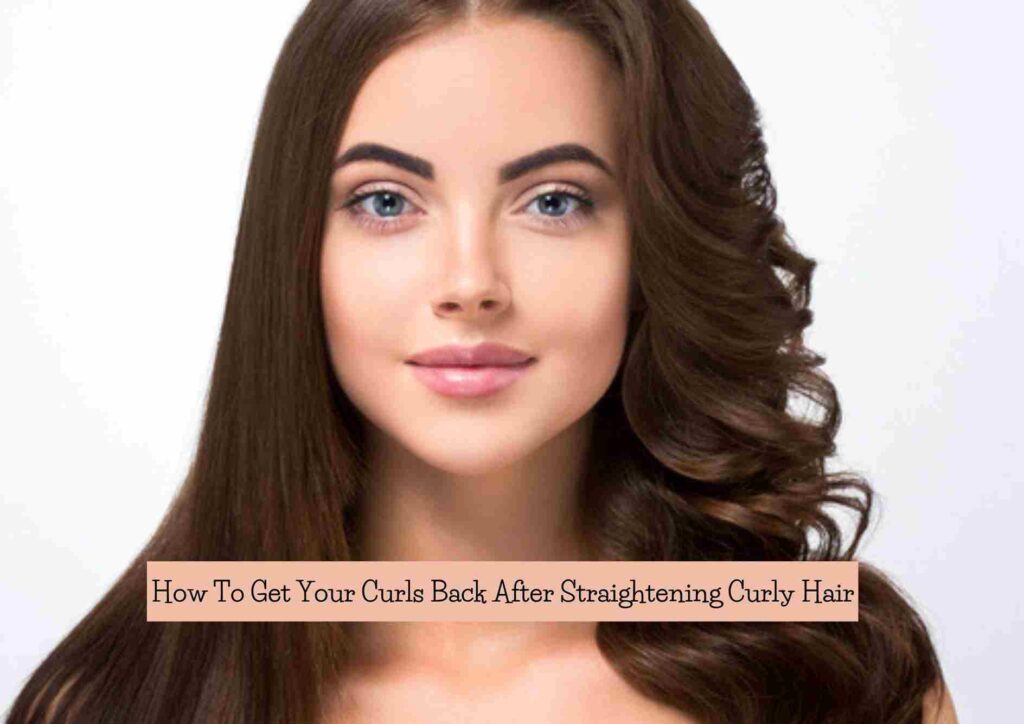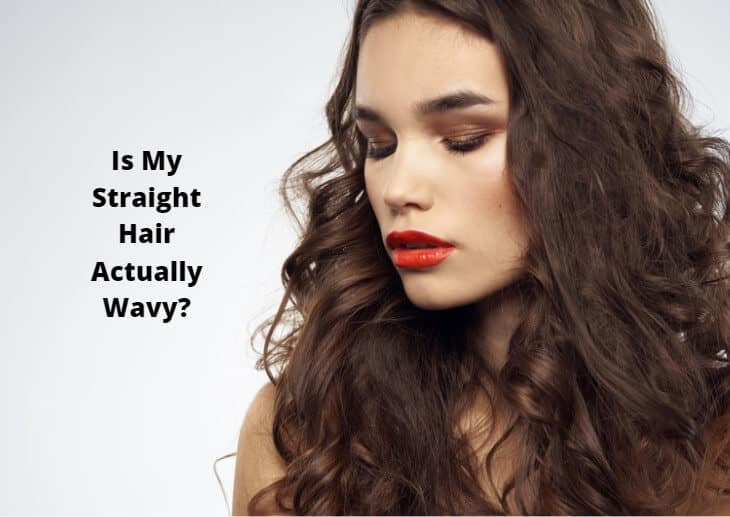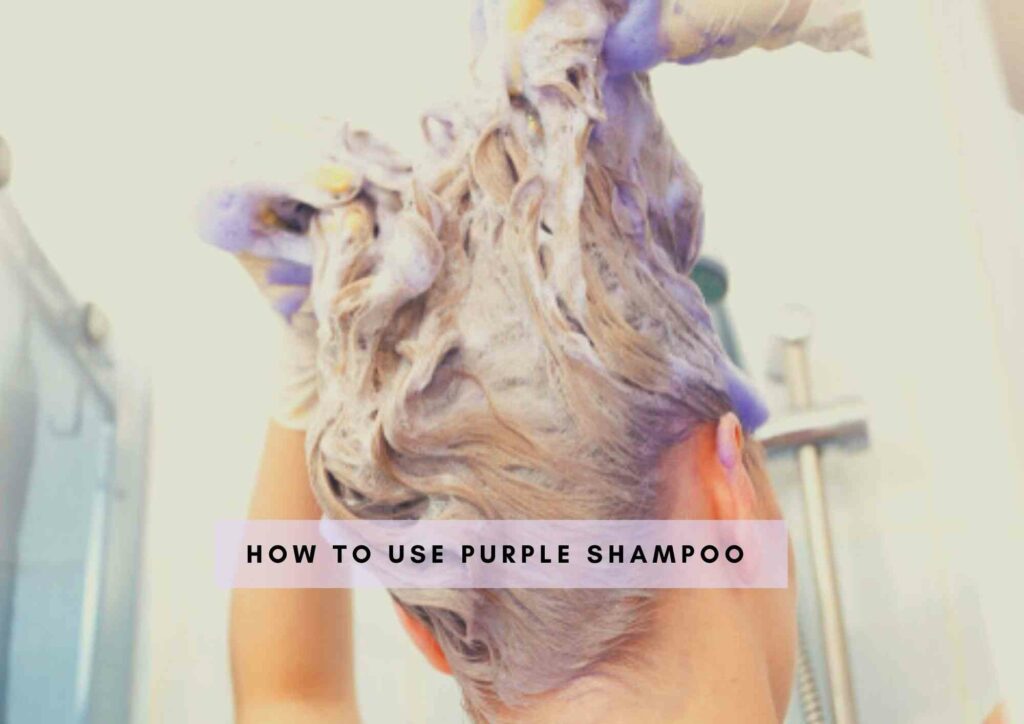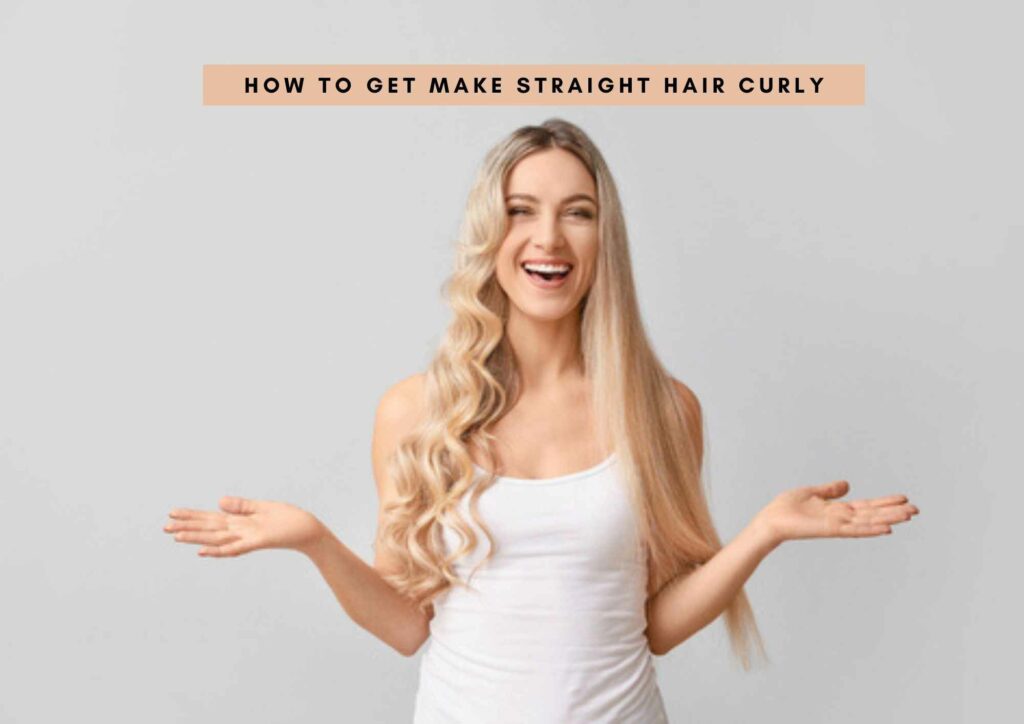Allergen-free hair care: Is Aveeno shampoo hypoallergenic? Enjoy healthy hair without the worries with Aveeno’s safe and effective formula.
As a person with sensitive skin and allergies, I have always been cautious about the products I use, especially when it comes to hair care.
Aveeno is a well-known brand that offers a range of products, including shampoos. Many people wonder if Aveeno shampoos are hypoallergenic and suitable for those with sensitive skin.
So today, I will explore whether Aveeno shampoo is hypoallergenic, explain what it means for a shampoo to be hypoallergenic, and discuss who can benefit from using such products.
Is Aveeno Shampoo Hypoallergenic
Aveeno shampoo and conditioner is like the Olay of soap pic.twitter.com/tZnO1KFVdB
— 🧜🏽♀️ Lil Mermaid 🧜🏽♀️ (@UnderDhaSea) February 17, 2023
What Does It Mean If a Shampoo Is Hypoallergenic?
The term “hypoallergenic” is commonly used in the beauty and skincare industry to describe products that are less likely to cause allergic reactions. However, it’s essential to understand that there is no official regulation or standard for using the term “hypoallergenic.” Manufacturers often use this term to imply that their products are gentler and less likely to trigger allergies or skin sensitivities.
Hypoallergenic shampoos are formulated with ingredients that have a lower likelihood of causing allergic reactions. These shampoos typically avoid using common allergens or harsh chemicals that may irritate sensitive skin. They are often free of fragrances, dyes, and other potential irritants.
Who Needs to Use Hypoallergenic Shampoos?
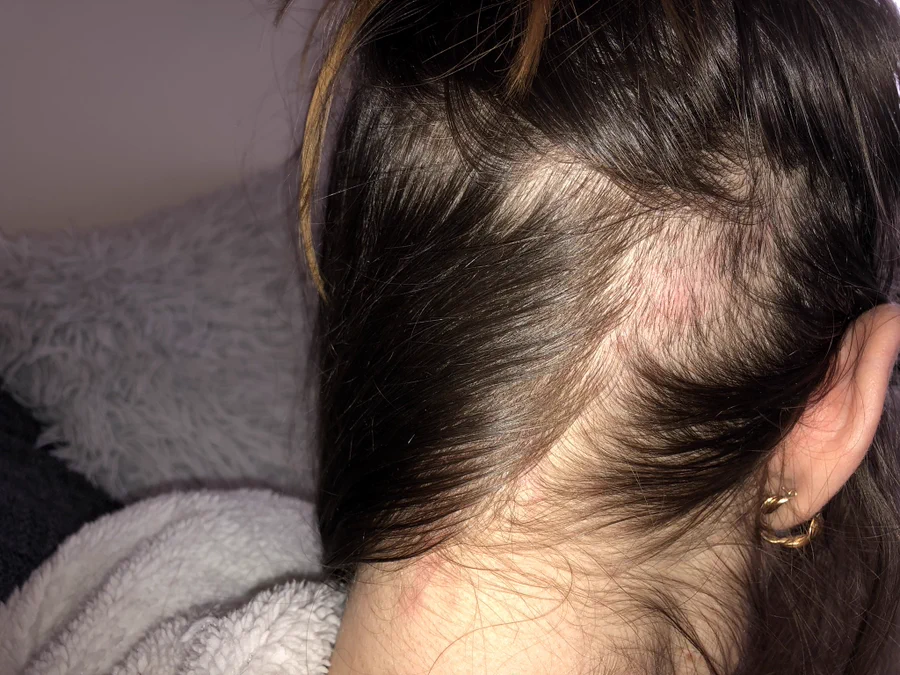
Hypoallergenic shampoos can benefit various individuals, especially those with sensitive skin or specific allergies. People with conditions like eczema, psoriasis, or contact dermatitis often find hypoallergenic shampoos more suitable for their needs. Additionally, individuals who have experienced adverse reactions to regular shampoos may find relief by switching to hypoallergenic alternatives.
Even if you don’t have any known skin allergies or sensitivities, using a hypoallergenic shampoo can be a gentle and preventive measure to protect your scalp and hair from potential irritants. Hypoallergenic shampoos are generally milder and less likely to cause scalp dryness, itching, or redness.
Are All Aveeno Products Hypoallergenic?
While Aveeno is a brand known for catering to individuals with sensitive skin, not all of their products are hypoallergenic. Aveeno offers a range of skincare and hair care products, and each product may have different formulations and ingredients.
It’s essential to read the product label and ingredient list to determine if a specific Aveeno product, including shampoos, is hypoallergenic. Look for key indicators such as “fragrance-free,” “dye-free,” “sulfate-free,” and “paraben-free.” These qualities are often associated with hypoallergenic formulations.
Related: Here Is My Aveeno Fresh Greens Blend Shampoo and Conditioner Review
Aveeno Shampoo Ingredients Explained
To get a better understanding of Aveeno shampoo ingredients and their hypoallergenic qualities, let’s take a closer look at one of their popular shampoos, the Aveeno Pure Renewal Shampoo. Please note that ingredient formulations may vary among different Aveeno shampoos, so it’s essential to check the specific product you’re interested in.
1. Water (Aqua): Water serves as the base of the shampoo and acts as a solvent to dissolve other ingredients. Water is generally hypoallergenic and well-tolerated by most individuals.
2. Ammonium Lauryl Sulfate: This surfactant is responsible for the shampoo’s cleansing properties. While sulfate-based surfactants can be harsh on some people’s scalps, Ammonium Lauryl Sulfate is milder than its counterparts, like Sodium Lauryl Sulfate (SLS). However, it may still cause irritation for some individuals with sensitive skin.
3. Sodium Cumenesulfonate: This is another surfactant used to create lather and cleanse the hair. Like Ammonium Lauryl Sulfate, Sodium Cumenesulfonate can be milder than SLS but may still cause irritation in some individuals.
4. Cocamidopropyl Betaine: This surfactant is derived from coconut oil and is known for its mild cleansing properties. It helps to increase lather and reduce the harshness of other surfactants. Cocamidopropyl Betaine is generally well-tolerated by most people, but some with coconut allergies may need to avoid it.
5. PEG-120 Methyl Glucose Dioleate: This ingredient is an emulsifier and thickening agent that helps to stabilize the shampoo formula. It is derived from glucose and is considered safe for most people, including those with sensitive skin.
6. PEG-150 Pentaerythrityl Tetrastearate: Another emulsifying and thickening agent, this ingredient helps to improve the shampoo’s texture and consistency. PEG-150 Pentaerythrityl Tetrastearate is considered safe for use in cosmetic products.
7. Polysorbate 20: Polysorbate 20 is an emulsifier that helps oil and water-based ingredients mix together. It is generally considered safe and gentle on the skin.
8. PEG-6 Caprylic/Capric Glycerides: This ingredient functions as a solubilizer and helps disperse oil-based ingredients in the shampoo formula. It is derived from coconut oil and is typically well-tolerated by most individuals.
9. Propylene Glycol: Propylene Glycol is a humectant and solvent commonly used in personal care products. While it is generally considered safe, some individuals with very sensitive skin may experience irritation.
10. Cetyl Alcohol: Cetyl Alcohol is a fatty alcohol used as a thickener and emollient in the shampoo. Despite its name, fatty alcohols are non-drying and can be beneficial for the hair and skin.
11. Glycerin: Glycerin is a humectant that helps to retain moisture in the hair. It is generally safe for most individuals and provides hydrating benefits.
12. Citric Acid: Citric Acid is a pH adjuster used to balance the shampoo’s acidity. It is commonly found in many personal care products and is considered safe.
13. Sodium Hydroxide: Sodium Hydroxide is a pH adjuster used to maintain the shampoo’s alkalinity. While it is safe in cosmetic products, it can be harsh if used in high concentrations.
14. Potassium Sorbate: Potassium Sorbate is a preservative used to prevent bacterial and fungal growth in the shampoo. It is considered safe for cosmetic use.
15. Tetrasodium EDTA: Tetrasodium EDTA is a chelating agent that helps improve the stability and shelf life of the shampoo. It is generally considered safe but may cause irritation for some individuals.
16. Methylchloroisothiazolinone and Methylisothiazolinone: These are preservatives used to extend the shampoo’s shelf life. They have been associated with skin sensitization in some individuals and may cause allergic reactions in rare cases.
17. Fragrance: The term “fragrance” on the ingredient list may indicate the presence of synthetic fragrance. Fragrances can be potential irritants for some people, especially those with sensitive skin or fragrance allergies.
18. Soybean Oil: Soybean Oil is a natural oil that provides nourishment and hydration to the hair. It is generally well-tolerated but may cause allergies in individuals with soybean allergies.
19. Avena Sativa (Oat) Peptide: Aveeno shampoos often include oat-based ingredients like Avena Sativa (Oat) Peptide. Oats are known for their soothing and calming properties, making them suitable for sensitive scalps.
What Are Some Aveeno Shampoos That Are Hypoallergenic
Aveeno Active Naturals Pure Renewal Shampoo: This shampoo is formulated with seaweed extract and is designed to help rebalance the scalp while removing impurities. It may be suitable for individuals with an itchy and irritated scalp due to product buildup or excess oils.
Aveeno Scalp Soothing Shampoo: This shampoo is specifically formulated for sensitive and itchy scalps. It contains oat, known for its soothing properties, to provide relief from scalp discomfort.
Aveeno Apple Cider Vinegar Blend Shampoo: This shampoo features apple cider vinegar as a key ingredient, which is believed to help balance the scalp’s pH and reduce itchiness.
Aveeno Skin Relief Soothing Shampoo: While primarily marketed for dry and itchy scalp associated with dandruff, this shampoo can also be helpful for general scalp irritation and itchiness.
My Aveeno Scalp Soothing Shampoo Review
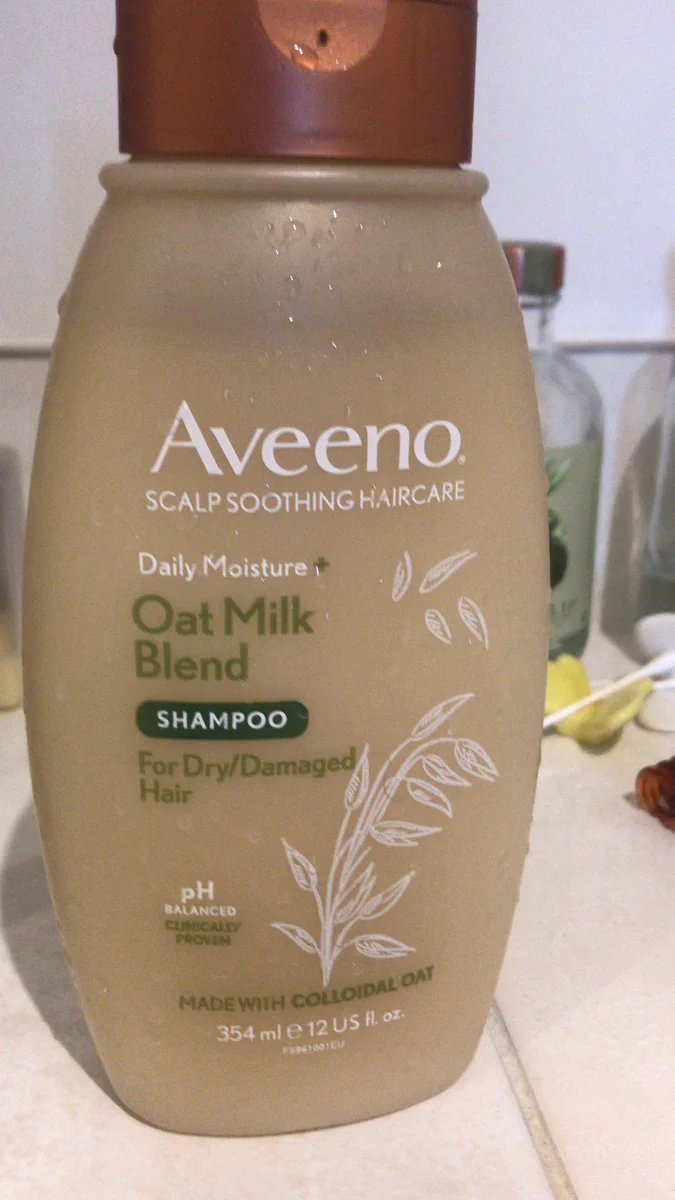
As someone who has struggled with an itchy and sensitive scalp, I was eager to try the Aveeno Scalp Soothing Shampoo, hoping it would provide the relief I desperately needed. I had read positive reviews online and was intrigued by its oat-based formula, which is known for its soothing properties. Here’s my first-person review of the Aveeno Scalp Soothing Shampoo:
First Impressions:
Upon opening the bottle, I was greeted by a pleasant and mild scent, which was reassuring as I prefer shampoos without overpowering fragrances. The texture of the shampoo was creamy and easy to dispense, and I appreciated the flip-top cap, which made it convenient to use in the shower.
Application:
As I applied the shampoo to my wet hair, I immediately noticed how gentle and soothing it felt on my scalp. The lather was creamy and not too foamy, which I liked because it didn’t strip my hair of its natural oils. The shampoo rinsed out easily without leaving any residue, which is essential for avoiding buildup on my sensitive scalp.
Soothing Effect:
After just one use, I could feel a noticeable difference in my scalp’s comfort level. The Aveeno Scalp Soothing Shampoo lived up to its name and provided a calming sensation on my itchy scalp. The oat-based formula seemed to work its magic, reducing redness and irritation.
Long-Term Use:
I decided to use the Aveeno Scalp Soothing Shampoo consistently for a couple of weeks to gauge its long-term effectiveness. I was pleased to find that with continued use, my scalp became less prone to itchiness and irritation. It helped maintain a healthy scalp environment, which also improved the overall health of my hair.
Gentle and Nourishing:
One of the aspects I appreciated most about this shampoo was its gentle nature. It didn’t cause any additional dryness or exacerbate my sensitive scalp issues. Instead, it provided much-needed nourishment, leaving my hair feeling soft and manageable.
Overall Experience:
My experience with the Aveeno Scalp Soothing Shampoo has been overwhelmingly positive. It effectively alleviated the discomfort of my itchy scalp without any harsh ingredients. I also appreciate that it is free from sulfates, parabens, and dyes, making it suitable for those with sensitive skin like mine.
Recommendation:
I highly recommend the Aveeno Scalp Soothing Shampoo for anyone dealing with an itchy or sensitive scalp. Its oat-based formula is both effective and gentle, providing much-needed relief without any unwanted side effects. If you’re looking for a soothing and nourishing shampoo that cares for your scalp and hair, this one is definitely worth a try.
Final Thoughts:
In conclusion, the Aveeno Scalp Soothing Shampoo has become a staple in my hair care routine. Its soothing properties have made a significant difference in managing my itchy scalp, and I’m thrilled to have found a shampoo that caters to my sensitive skin needs. With the Aveeno Scalp Soothing Shampoo, I can finally enjoy a calm and comfortable scalp, along with healthy and beautiful hair.
Conclusion
In conclusion, not all Aveeno shampoos are hypoallergenic. While Aveeno is a brand known for catering to individuals with sensitive skin, the hypoallergenic qualities of their shampoos may vary depending on the specific product and its formulation. To determine if an Aveeno shampoo is hypoallergenic, it’s essential to read the product label and ingredient list carefully.
For those with sensitive skin or allergies, choosing hypoallergenic shampoos can be beneficial in reducing the risk of adverse reactions and irritation.
Look for shampoos that are labeled as “fragrance-free,” “dye-free,” and “sulfate-free,” as these qualities are often associated with hypoallergenic formulations. Additionally, conducting a patch test before using any new hair care product can help you assess how your skin reacts to it.
Remember that individual sensitivities and allergies can vary, so what works for one person may not work for another. If you have any concerns about using Aveeno shampoos or other hair care products, consult with a dermatologist or healthcare professional for personalized advice and recommendations.
Why You Should Trust Haireveryday?
The author of this article, Leah Marie Priest has a degree in Cosmetology with years of experience in dealing with hair care, scalp care, and hairstyling. As someone who extensively deals with all kinds of hair textures, products, styling methods and more, hair Leah Marie knows what kind of products and procedures suit each hair type and person. We have also tested these hair products and processes ourselves to provide you an unbiased review about every product. Each of our articles are also reviewed by a team of medical professionals so that you get the most accurate and expert-reviewed information.
Also Read:
Ogx vs Aveeno Shampoo Comparison
To Summarize

